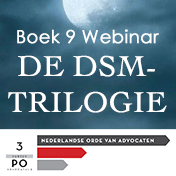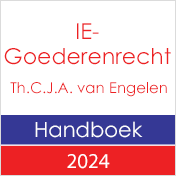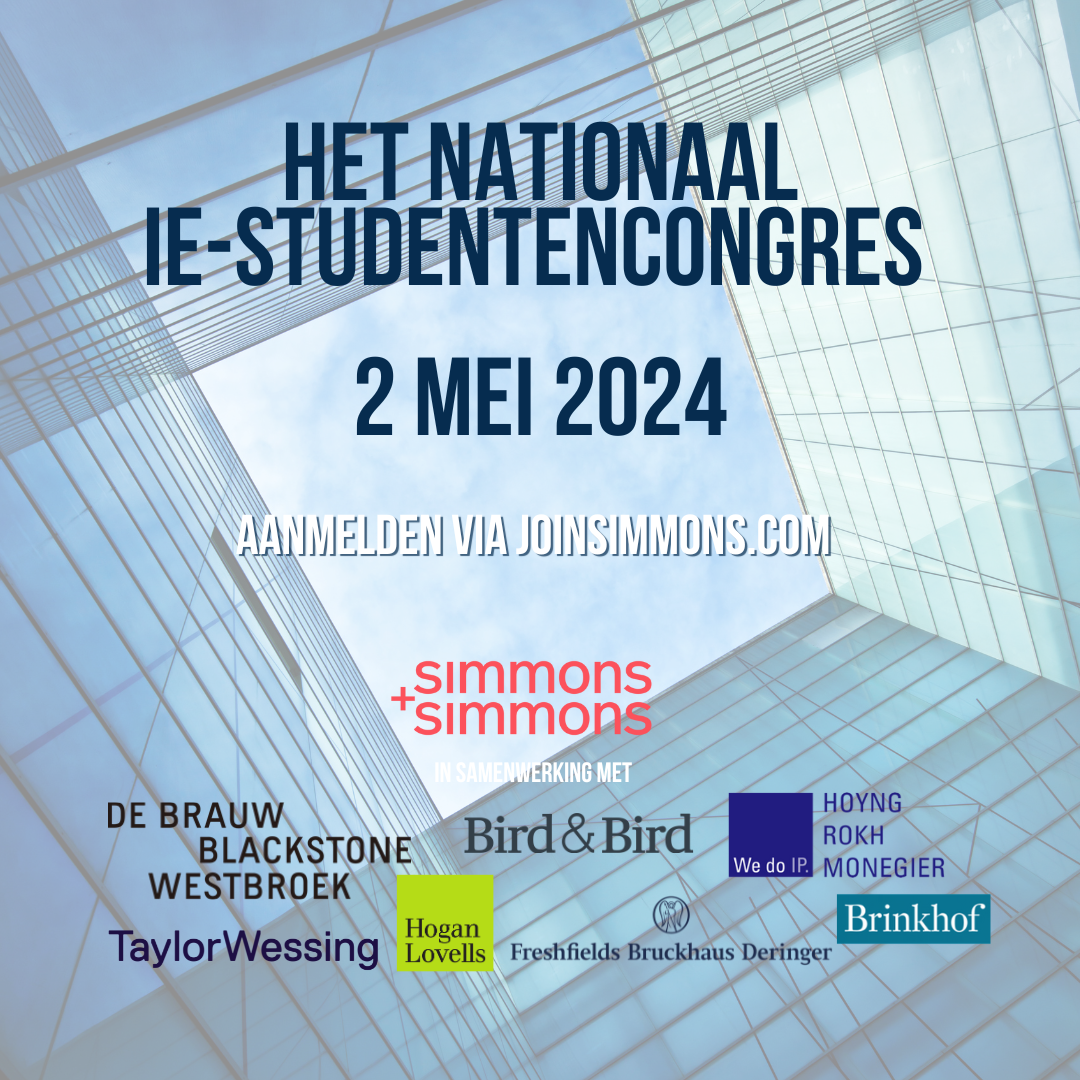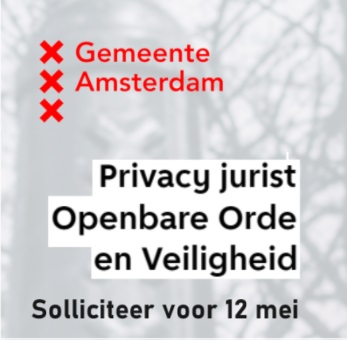“LOVE TO LOUNGE” is niet beschrijvend voor kleding, schoenen en hoofddeksels
29-09-2017 Print this page
Merkenrecht. Beroep tegen de inschrijving van het Uniewoordmerk LOVE TO LOUNGE voor kleding, schoenen en hoofddeksels.
Het beroep wordt verworpen en het besluit van de Kamer van Beroep om het woordmerk ingeschreven te laten blijft in stand. Het merk is niet beschrijvend voor de betrokken waren, omdat het geen directe beschrijvende betekenis heeft in de context van de waren. Het merk kan niet zonder verder nadenken worden aangemerkt worden als beschrijving van de betrokken waren.
De aanvrager betoogt voorts dat het woordmerk geen onderscheidend vermogen heeft, omdat het een slogan is. Het Gerecht stelt dat een zeker cognitief en intellectueel vermogen nodig is om het woordmerk in context te plaatsen, wanneer het wordt gebruikt in relatie tot de betrokken waren. Het merk heeft daarnaast, ondanks het weinig fantasierijk is, een bepaalde originaliteit die bij gebruikers blijft hangen en heeft daarom voldoende onderscheidend vermogen.
“56. In the light of those considerations, the Board of Appeal was right in finding that, for the relevant public, the contested mark was not, for the purposes of the case-law cited in paragraph 46 above, without further thought, a description of the goods in question or of one of their characteristics.
[…]
93. Next, it must be pointed out, as the Board of Appeal found, that the contested mark conveys an abstract message referring to the interest of potential consumers in relaxing. The Board of Appeal was likewise right in noting that the contested mark requires some cognitive effort on the part of the relevant public. It is a syntactically-correct combination of English words, which can be used in a great number of contexts. Consequently, when the contested mark is used in relation to the goods in question, namely clothing, footwear and items of headgear, the relevant public will have to place that mark in a certain context, which requires an intellectual effort.”



























































